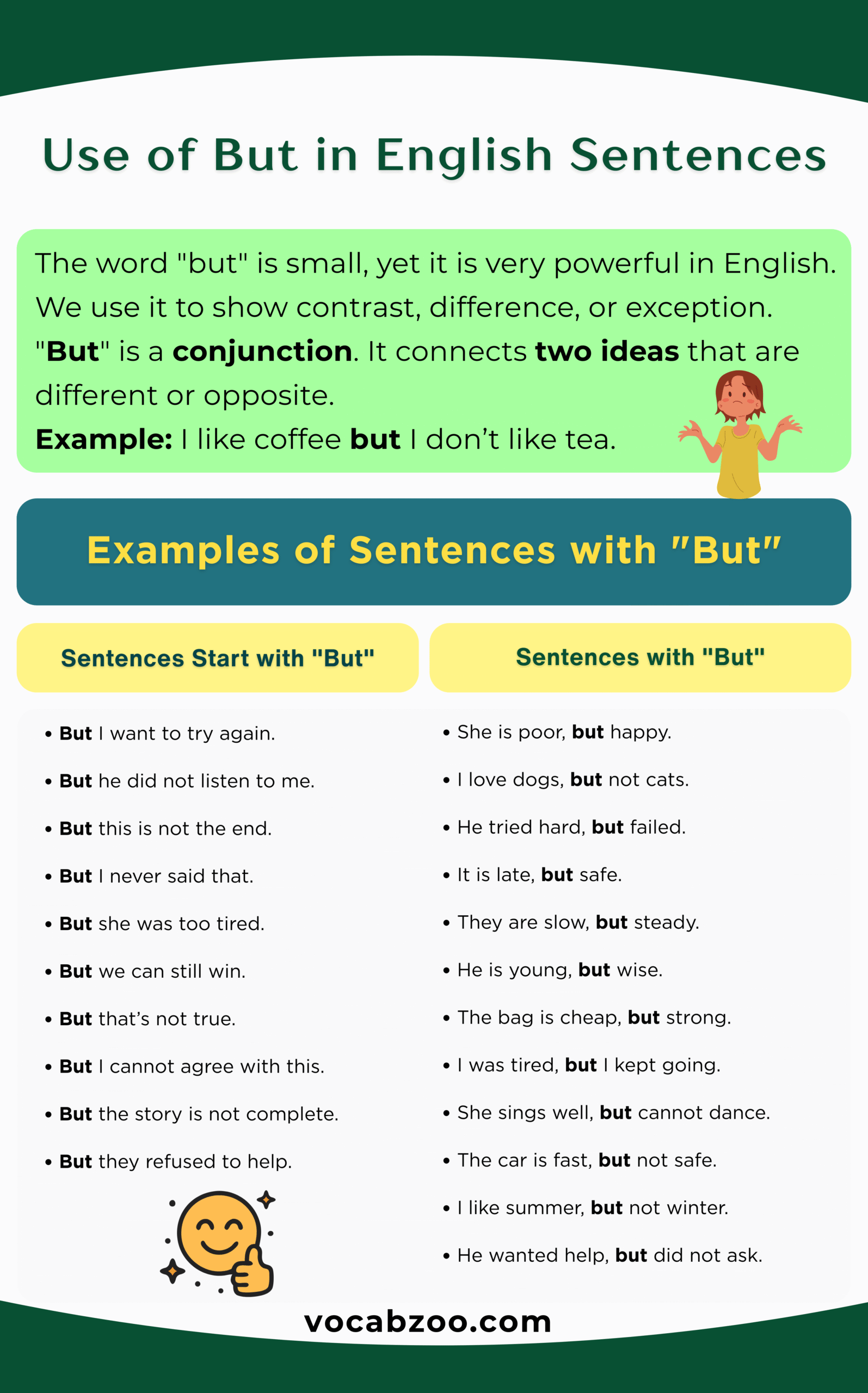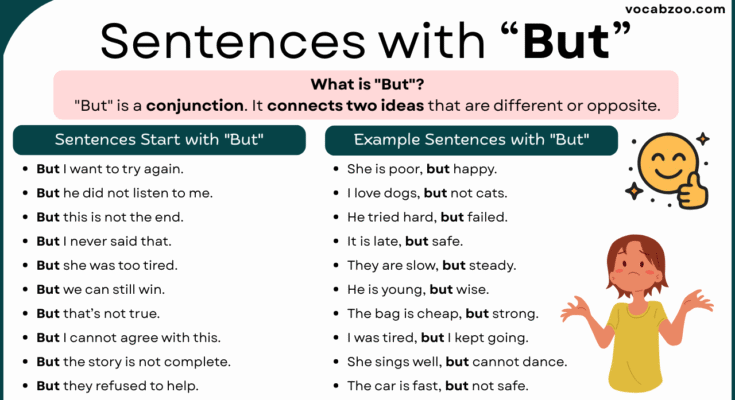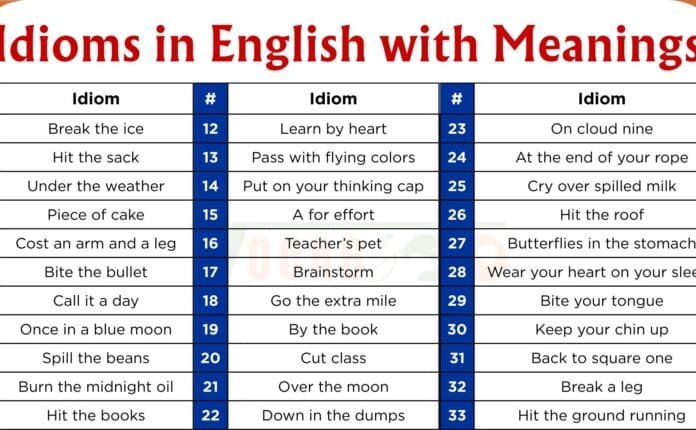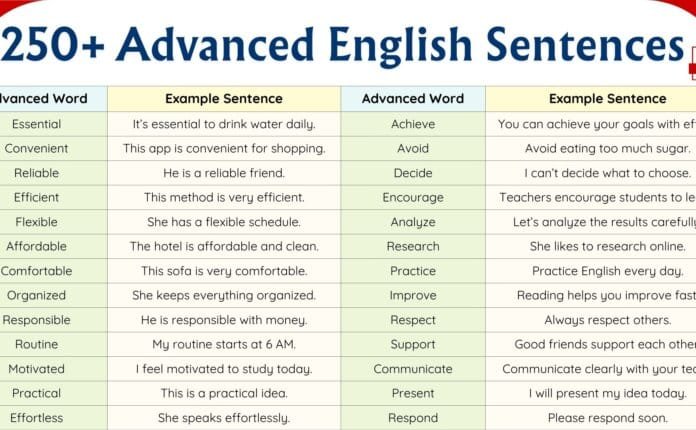Understanding how to use But in English helps you connect ideas and make your sentences more meaningful. In this blog post, you will learn the use of But with examples to practice and remember easily. Knowing how to use this word improves your speaking, reading, writing, and listening skills, making your English more natural. By the end, you will be able to create sentences confidently using But in everyday conversations.
What is “But”?
“But” is a conjunction. It connects two ideas that are different or opposite.
Example: I like coffee but I don’t like tea.
It shows that one part of the sentence is different from the other.
Main Uses of “But”
Here are the common ways we use “but” in English sentences:
| Use of But | Meaning | Example |
|---|---|---|
| Contrast | Shows difference | She is small but strong. |
| Exception | Excludes something | Everyone came but Ali. |
| Correction | Changes the first idea | It is cold, but not freezing. |
| Start of sentence | Adds emphasis in writing/talk | But I don’t agree with you. |
Examples of Sentences with “But”
Sentences Showing Contrast
I wanted to go out, but it started raining.
He works hard, but he is not fast.
They are rich, but not happy.
Sentences Showing Exception
Everyone was invited, but Sara didn’t come.
I like all colours, but not black.
He eats everything, but fish.
Sentences Showing Correction
It looks old, but it is still useful.
She is young, but very smart.
The shop is small, but clean.

10 Examples of Sentences that Start with “But”
Here’s the list of sentences that start with “but”. You can use these example sentences in everyday conversation:
- But I want to try again.
- But he did not listen to me.
- But this is not the end.
- But I never said that.
- But she was too tired.
- But we can still win.
- But that’s not true.
- But I cannot agree with this.
- But the story is not complete.
- But they refused to help.
Examples of Sentences with the Word “But”
Here’s the list of example sentence with the use of English word “but”.
- She is poor, but happy.
- I love dogs, but not cats.
- He tried hard, but failed.
- It is late, but safe.
- They are slow, but steady.
- He is young, but wise.
- The bag is cheap, but strong.
- I was tired, but I kept going.
- She sings well, but cannot dance.
- The car is fast, but not safe.
- I like summer, but not winter.
- He wanted help, but did not ask.
- She is tall, but gentle.
- I was ready, but he was not.
- The food is hot, but tasty.
- He ran fast, but lost the race.
- I know him, but not very well.
- She worked hard, but failed.
- They called me, but I was busy.
- I was scared, but I did it.
Quick Tips to Remember
- Use “but” to join opposite ideas.
- You can start a sentence with “but” in informal English.
- Avoid using “but” too many times in one paragraph.
FAQs about “But”
Can you start a sentence with but?
Yes, you can. It is common in speaking and informal writing.
Can I start a sentence with but?
Yes, it is correct. Many writers use it for emphasis.
Can start a sentence with but?
Yes, it is possible. It makes the idea stronger.
Can you begin a sentence with but?
Yes, beginning with “but” is grammatically fine.
Is using but in formal writing okay?
In formal writing, it is better to use words like however or yet.
Read More



